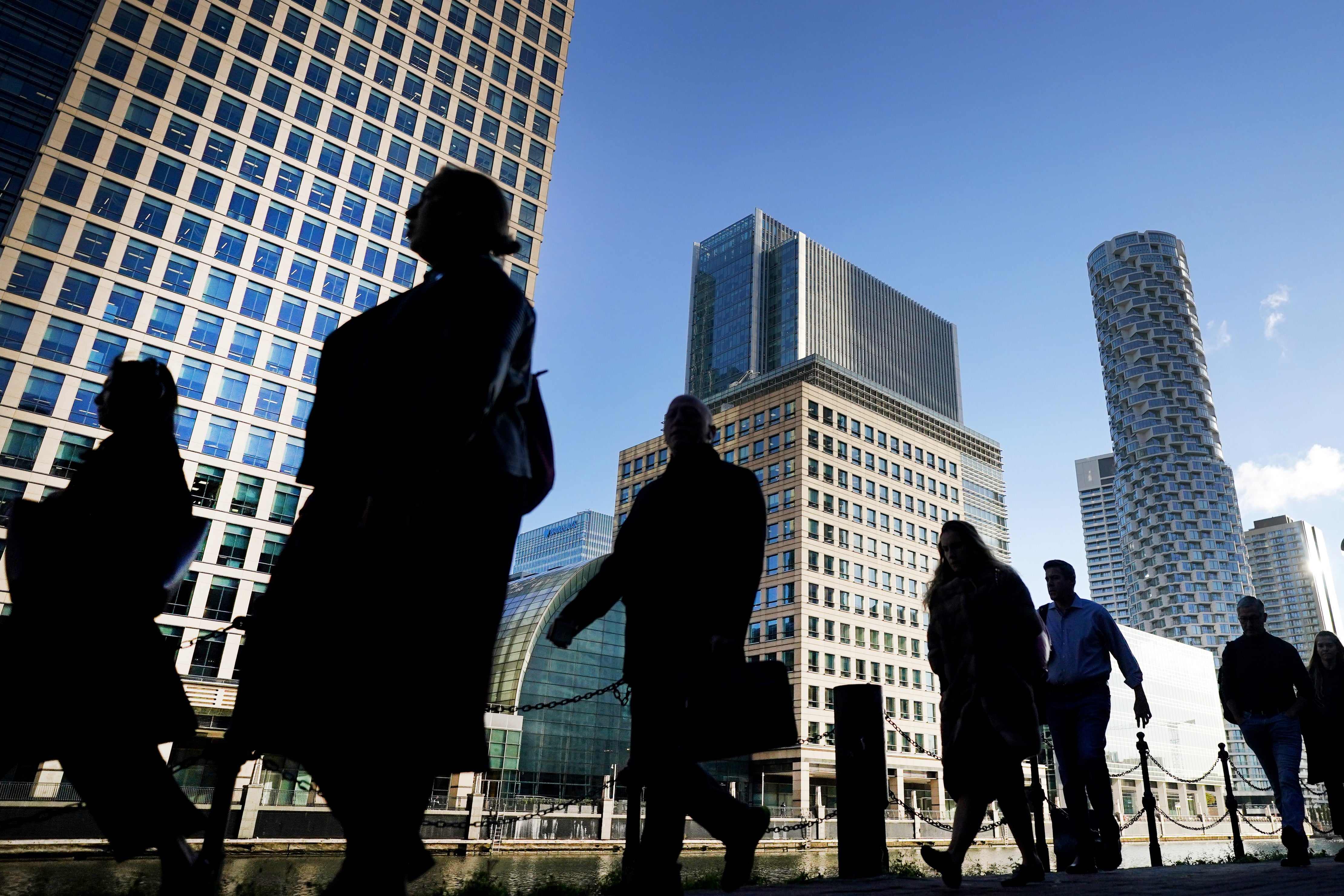Service sector at worst point since Alpha variant lockdown, survey suggests
Growth slowed to its lowest point in 17 months, a new report found.

Your support helps us to tell the story
From reproductive rights to climate change to Big Tech, The Independent is on the ground when the story is developing. Whether it's investigating the financials of Elon Musk's pro-Trump PAC or producing our latest documentary, 'The A Word', which shines a light on the American women fighting for reproductive rights, we know how important it is to parse out the facts from the messaging.
At such a critical moment in US history, we need reporters on the ground. Your donation allows us to keep sending journalists to speak to both sides of the story.
The Independent is trusted by Americans across the entire political spectrum. And unlike many other quality news outlets, we choose not to lock Americans out of our reporting and analysis with paywalls. We believe quality journalism should be available to everyone, paid for by those who can afford it.
Your support makes all the difference.The UK’s service sector has seen its worst month since the Alpha variant of Covid-19 forced most of the country into lockdown 17 months ago.
A new survey has estimated that growth in the sector is at the lowest it has been since February 2021, as the cost-of-living crisis makes customers tighten their belts.
The monthly S&P Global/CIPS UK services PMI survey hit 52.6 in July, from 54.3 a month earlier.
It still shows growth in the sector – anything above 50 is positive – but analysts had expected better.
The UK marketplace will have to improve much more to avoid a prolonged summer of discontent
According to a consensus supplied by Pantheon Macroeconomics, the score was predicted to be 53.3.
“UK service providers reported their worst month for business activity expansion since the national lockdown in February 2021,” said Tim Moore, economics director at S&P Global Market Intelligence.
Inflation and the cost-of-living squeeze increased economic uncertainty for the sector, the report found. As a result they struggled to attract new business.
Meanwhile, companies continued to face higher costs and to charge their customers more.
Fuel and utility bills pushed up costs for businesses both directly and indirectly, despite inflation easing from recent records in May and June.
“The most encouraging development during July was a considerable slowdown in input cost inflation since the previous month, likely reflecting lower commodity prices and a gradual easing of global supply shortages,” Mr Moore said.
“Overall cost burdens rose to the smallest extent seen so far in 2022, despite widespread reports citing pressure on operating expenses from higher fuel bills and staff wages.”
Duncan Brock, group director at the Chartered Institute of Procurement & Supply, said: “A period of relative stability in terms of supply chain disruption was also a plus point, according to survey respondents.
“However, after the scramble to regain the heights in activity during the Covid bounceback loses momentum, the UK marketplace will have to improve much more to avoid a prolonged summer of discontent.”